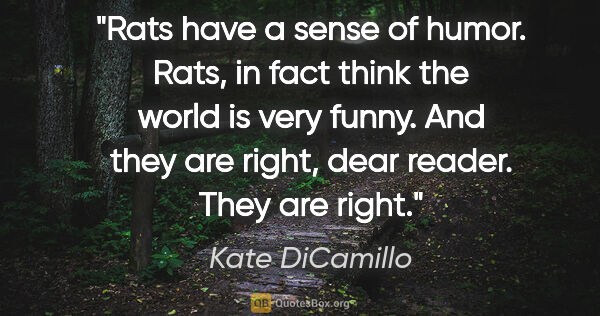Reader Quotes (page 17)
In reading we must become creators. Once the child has learned to read alone, and can pick up a book without illustrations, he must become a creator, imagining the setting of the story, visualizing the characters, seeing facial expressions, hearing the inflection of voices. The author and the reader "know" each other; they meet on the bridge of words.
Madeleine L'Engle

Being a reader is sort of like being president, except reading involves fewer state dinners, usually. You have this agenda you want to get through, but you get distracted by life events, e. g., books arriving in the mail/World War III, and you are temporarily deflected from your chosen path.
Nick Hornby
The choice of the point(s) of view from which the story is told is arguably the most important single decision that the novelist has to make, for it fundamentally affects the way readers will respond, emotionally and morally, to the fictional characters and their actions. The story of an adultery, for instance - any adultery - will affect us differently according to whether it is presented primarily from the point of view of the unfaithful person, or the injured spouse, or the lover - or as...
David Lodge

The two things that came out clearly were the sense of reality in the background and the mythical value: the essence of myth being that it should have no taint of allegory to the maker and yet should suggest incipient allegories to the reader.[C.S. Lewis writes to J.R.R. Tolkien on December 7, 1929]
C. S. Lewis
It’s never going to be very mainstream. One reason is that poetry requires concentration, both on the part of the writer and the reader. But it’s kind of unkillable, poetry. It’s our most ancient artform and I think it’s more relevant today than ever, because it’s one person saying what they really believe.
Simon Armitage
If a writer of prose knows enough about what he is writing about, he may omit things that he knows and the reader, if the writer is writing truly enough, will have a feeling of those things as strongly as though the writer had stated them. The dignity of movement of an iceberg is due to only one-eighth of it being above water
Ernest Hemingway
The appeal of reading, she thought, lay in its indifference: there was something undeferring about literature. Books did not care who was reading them or whether one read them or not. All readers were equal, herself included. Literature, she thought, is a commonwealth; letters a republic.
Alan Bennett